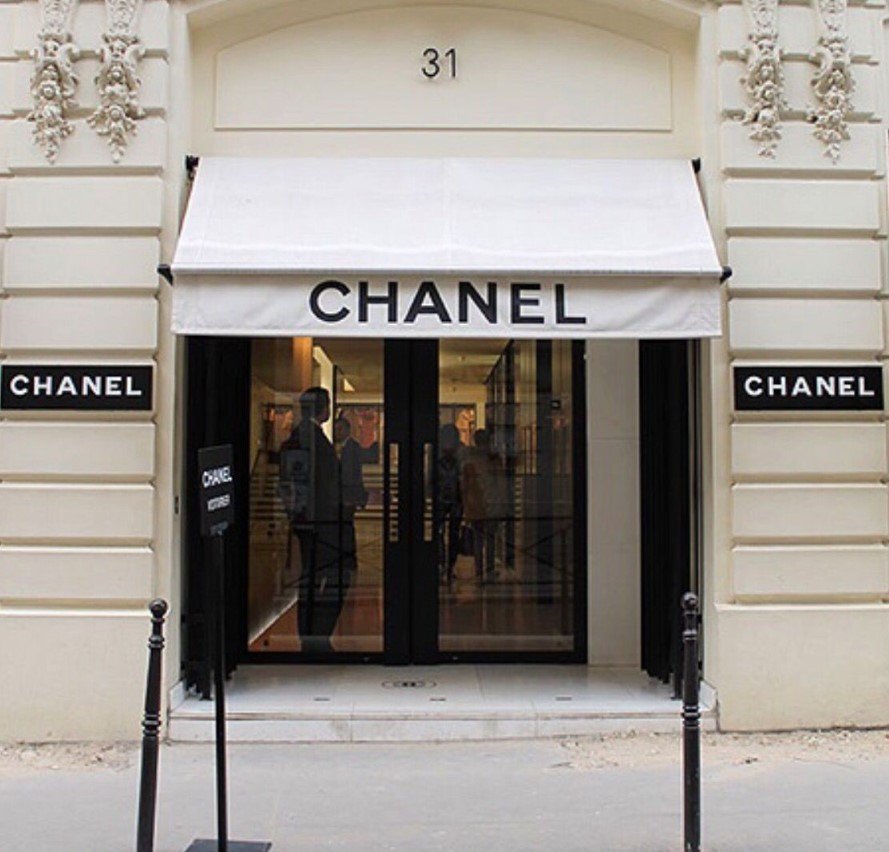Chanel, the iconic French luxury brand, is suing What Goes Around Comes Around (WGACA), a high-end vintage retailer based in New York, for trademark infringement, unfair competition, false advertising and deceptive business practices. The lawsuit was filed on March 15, 2023, in New York federal court.
Chanel claims that WGACA has sold counterfeit Chanel products on its website and stores, as well as used Chanel’s trademarks and images without authorization to create an association with the brand. Chanel also alleges that WGACA has refused to enter into any agreement with the brand to ensure the authenticity of its products.
Chanel is seeking up to $2 million for each alleged instance of infringement and false endorsement. If the case goes to trial, the amount could be significant, even with courts’ tendency to reduce initial requests.
WGACA denies Chanel’s claims and says it takes meticulous care in sourcing its authentic offerings. The cofounders of WGACA, Seth Weisser and Gerard Maione, who serve as its chief executive and chief creative officers respectively, told WWD that Chanel’s allegations are “unfounded” and that they intend to “vigorously defend” themselves.

The history of the rivalry between Chanel and WGACA
WGACA was founded in 2009 by Weisser and Maione, who met at a flea market in Brooklyn. They decided to create a store that would sell rare and unique vintage fashion items from different eras and styles. They named their store after a song by The Beatles that expresses their philosophy of living in the moment.
WGACA quickly gained popularity among fashion enthusiasts who appreciated its eclectic and unexpected selection of vintage pieces. The store also attracted celebrities such as Alexa Chung, Alexa Vega, Olivia Palermo and Kate Moss.
Chanel is one of the most influential and respected fashion brands in the world. It was founded by Coco Chanel in 1910 and has been synonymous with elegance, sophistication and innovation ever since. Chanel is known for its iconic products such as the little black dress, the tweed suit, the quilted handbag and the perfume No. 5
The rivalry between Chanel and WGACA dates back to at least 2018, when WGACA sued another luxury vintage retailer called Reiss for trademark infringement over its use of a similar logo design. Reiss later settled with WGACA out of court.
Since then, both brands have been competing for customers’ attention and loyalty in the vintage fashion market. They have also been involved in legal disputes over their respective trademarks.
The future of WGACA amid the lawsuit
WGACA operates its own e-commerce website, five retail stores in New York City (two flagship locations) and works with a number of retailers on a wholesale basis. It sells a large amount of vintage Chanel products on its site as well as other brands such as Hermès Birkin , Gucci , Prada , Dior , Burberry , Balenciaga , Valentino , Givenchy , Louis Vuitton , Hermes , Saint Laurent , Fendi , Versace , Armani , Dolce & Gabbana , Moschino , Alexander McQueen , Yves Saint Laurent , Paco Rabanne , Valentino Garavani , Valentino Rossi (the Italian motorcycle racer) among others.
WGACA also uses social media platforms such as Instagram , Facebook , Twitter and Pinterest to promote its products and engage with its followers. It often posts photos of rare or exclusive items from different eras or styles along with witty captions or hashtags.
WGACA recently unveiled an awaited renovation of its flagship store at 116 Greene Street in SoHo. The store features rare candy-colored Chanel bags lining one wall while a curation of Hermès Birkins dot another corner. The store also showcases other vintage fashion items from different brands such as Gucci Safari bags from Africa or Prada leather jackets from Italy.
WGACA says it is committed to providing high-quality service and products to its customers while staying true to its vision of celebrating key fashion moments from different eras or styles.
